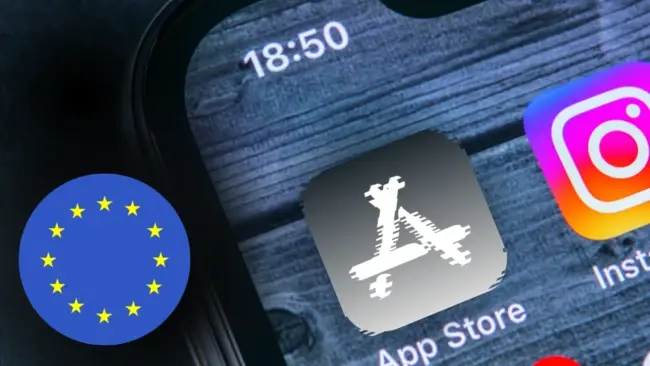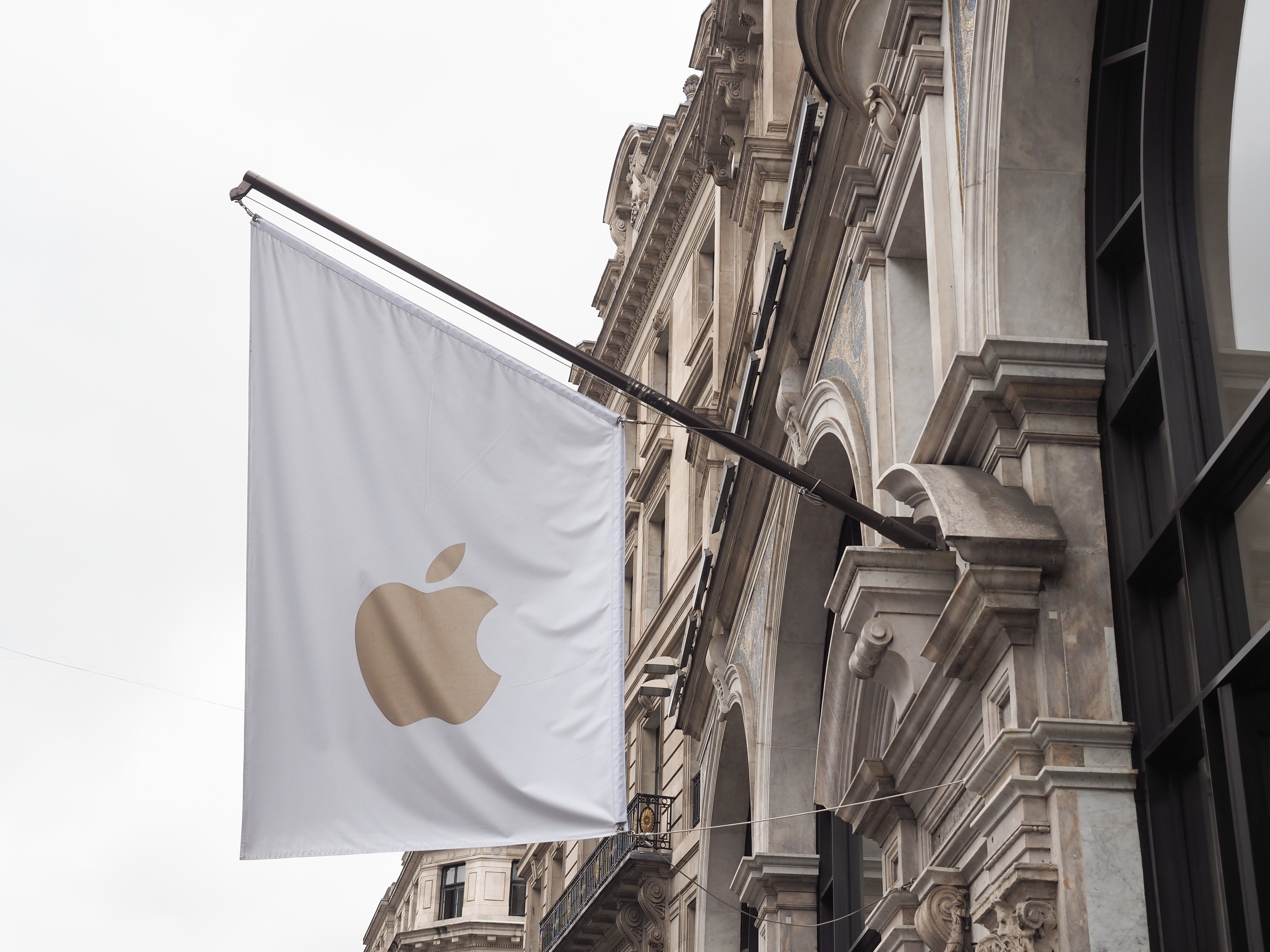A report by Bloomberg suggests that Apple plans to allow third-party app stores and alternative payment systems on its devices to comply with new European legislation.
The change could come as early as late next year and would allow third-party app stores from competitors like Amazon, Microsoft and Samsung to be used to download applications on Apple’s iPhones and iPads.
The tech giant was forced to make the move in compliance with a new competition law from the EU Digital Markets Act, which put in place a series of rules that companies must follow by the end of 2024 to make the digital economy fairer and more contestable.
Many app developers have long rejected apple’s commission policy which allows apple to take a 30% cut in all in-app purchases on the app store. In 2020, Epic Games’ flagship title Fortnite was removed from the app store after it tried to bypass the 30% commission policy.
According to estimates from analytics company Sensor Tower, around $10 billion in transactions passed through the Apple app store last year.

Apple’s 'walled garden' is crumbling
If Apple were to open its devices up to outside app stores, it would mark the beginning of the end for its so-called ‘walled garden’ ecosystem – which gives it monopolistic control of all the software, products and applications used on its devices.
For 15 years, this system has remained robustly reinforced with updates to the hardware and software and the release of new technology so that all iOS devices perfectly intertwine.

Steve Jobs himself had championed this strategy. In Walter Isaacson’s authorised biography of the former Apple CEO, the author wrote “When it first came out in early 2007, there were no apps you could buy from outside developers, and Jobs initially resisted allowing them.”
“He didn't want outsiders to create applications for the iPhone that could mess it up, infect it with viruses, or pollute its integrity,” the author explained.
But the EU’s Digital Markets Act threatens to relinquish Job’s desire for digital monopoly over his products – and Apple’s reluctant reception of new regulations is a sign this web of control is about to be torn down.
In addition to allowing rival app stores on its iOS devices by 2024, Apple is also obligated to change its classic lighting charging port in exchange for the universal USB-C port, as well as many others, but it is not yet known if Apple will comply with these other regulations.
The direct effects might be minimal
Although the inclusion of alternative app stores and side-loading may damage Apple’s ‘walled garden’ philosophy, experts believe its effects on Apple’s business should be minimal.
For one, Apple’s EU App store revenue only makes up 1% of its total revenue, and even if it were to lose all app store sales from its European customers, the damage would be more material than actual,
And this is a worst-case scenario. Apple’s app store has a reputation for its own security and simplicity, and according to Angelo Zino, a stock analyst from CFRA, most people would likely stick with Apple’s app store.
"The ultimate impact will be minimal, as most consumers are creatures of habit and are very satisfied with the platform. We expect the majority of consumers will keep the status quo,” he explained.
The EU will start enforcing its Digital Market Act by mid-2024, but until then, it will be unclear how Apple will respond to each of the proposed regulations.







Comments ( 0 )